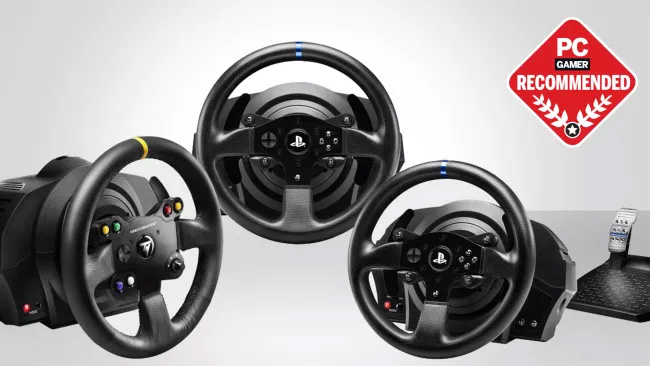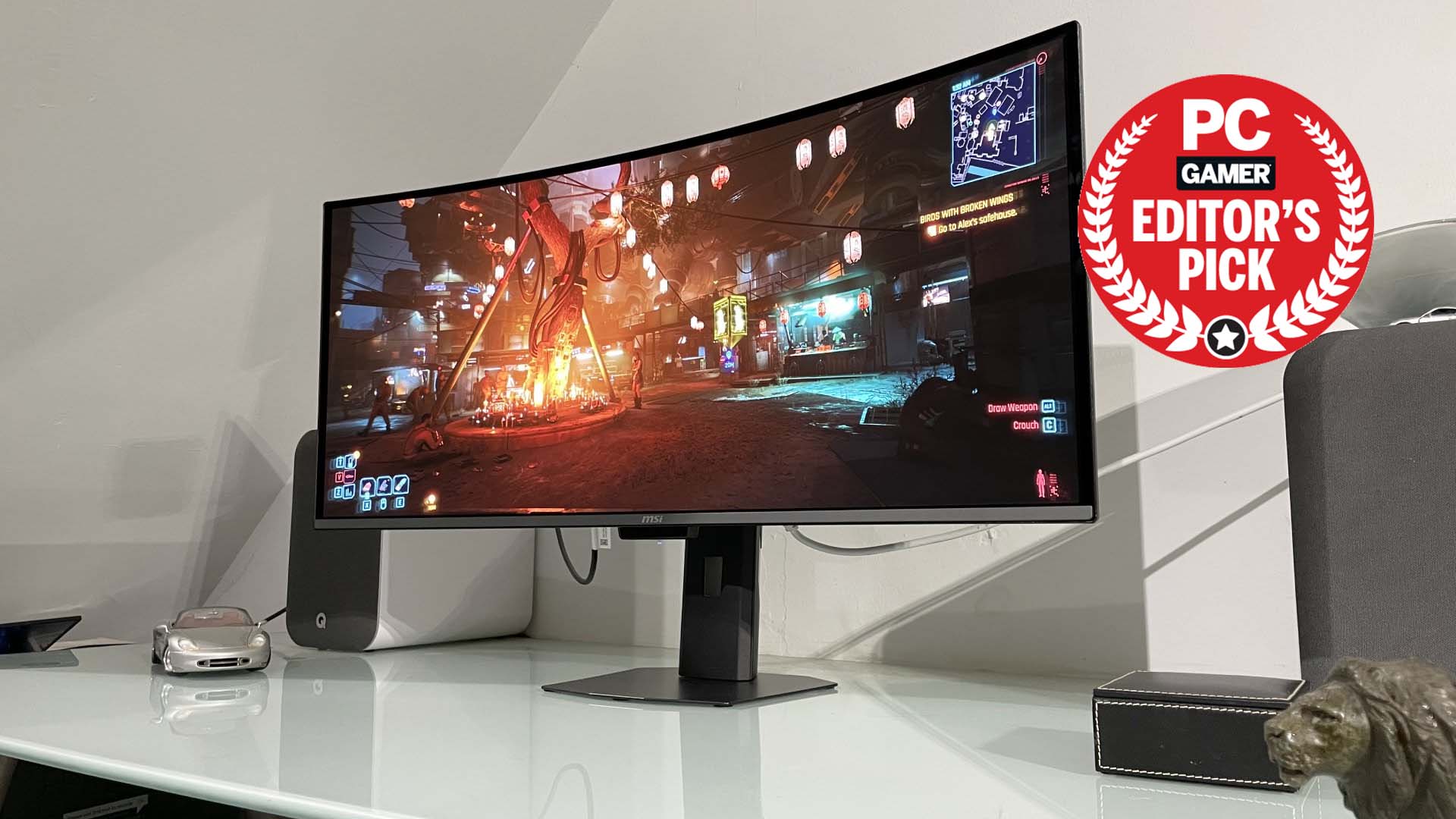AMD says it's up to Nvidia to optimize for FidelityFX Super Resolution
Despite FSR being open source and cross-vendor, collaboration is sorely lacking.

Following AMD's announcements about its open source, cross-vendor upscaling technology, FidelityFX Super Resolution, Radeon's vice president & general manager Scott Herkelman has reminded followers on Twitter that Nvidia will have to do its part to make the tech worthwhile on its GPUs.

Best PC racing wheels : perfect for any circuit.
Best VR headset: which set is right for trackdays?
Being another type of image resolution upscaling tech, AMD's FSR has been likened to Nvidia's DLSS, or Deep Learning Super Sampling. There could be some big differences to note, but essentially they do the same thing: output a higher resolution for your games while attempting to minimise the detriment to your frames per second.
AMD has preached the benefits of FSR being an open technology—one that will work even on non-AMD graphics cards—but, as Herkelman now reveals in his recent tweet, AMD won't be pitching in with optimisations for Nvidia users.
Thanks we are very excited to have you all try it out. Just to be clear though - we aren't optimizing it for GeForce - that will be up to them to do the work on behalf of their gaming community - we just proved it works :)June 2, 2021
So regardless of the openness of the tech, it's now been officially noted that the responsibility lies with Nvidia to optimise FSR for its users. We cant say we're surprised. Collaboration may be the way forward, but neither company is likely to have the capacity to spare a chunk of the workforce at this time.
The question remains: Will Nvidia adopt FSR when its own tech appears to have the upper hand, not only in terms of performance but also crispness of image? It would be interesting to see both FSR and DLSS working together, but there's potential for it to end up as a bit of a mess.
With FidelityFX Super Resolution coming June 22, we'll just have to wait and see how far Nvidia goes to usher the tech through to its customers.
You can lead a horse to water...
Keep up to date with the most important stories and the best deals, as picked by the PC Gamer team.

Having been obsessed with game mechanics, computers and graphics for three decades, Katie took Game Art and Design up to Masters level at uni and has been writing about digital games, tabletop games and gaming technology for over five years since. She can be found facilitating board game design workshops and optimising everything in her path.

